Israeli forces arrest senior Hamas leader, several other Palestinians in West Bank
Israeli forces have arrested a senior leader of the Gaza-based Islamic resistance movement, Hamas, along with several other Palestinians during separate operations across the occupied West Bank.
On Monday morning, a large number of Israeli troopers raided the home of Adnan al-Hosari, 56, in Tulkarm refugee camp, and violently ransacked it before taking the prominent Palestinian leader away to an unknown location.
Local sources, requesting anonymity, reported that Israeli soldiers also confiscated mobile phones of all the family members.
Israeli forces have detained Hosari on multiple occasions in the past. The Palestinian leader was last released from the Israeli custody a few months ago after spending 15 months behind bars under the Tel Aviv regime’s policy of administrative detention.
Administrative detention is a sort of imprisonment without trial or charge that allows Israel to incarcerate Palestinians for up to six months. The jail term is extendable to an infinite number of times.
Some prisoners have been held in administrative detention for up to 11 years without any charges brought against them.
Palestinian detainees have continuously resorted to open-ended hunger strikes to express their outrage at the detentions.
Also early on Monday, Israeli forces broke into several homes in the al-Issawiya neighborhood of East Jerusalem al-Quds, 'Aqqaba town, located 15 kilometers northeast of Jenin, and Tammun town, making a number of arrests.
Hosari’s arrest comes as Palestinian legislative elections are scheduled to be held on May 22 and Hamas is expected to win a landslide victory, as it did in 2006.
Israeli authorities have made many efforts to either cancel or postpone the polls.
Israeli forces have intensified the arrest of Hamas figures and leaders in the West Bank in recent months, and detained Mustafa al-Shanar, Adnan Asfour, Khalid al-Hajj, Omar al-Hanbali, Jamal al-Tawil and Khatam al-Qafisheh among those arrested.
Fuad al-Khuffash, a Palestinian human rights researcher and expert on prisoners’ affairs, said the arrest of Hamas members and supporters in the run-up to the vote was an attempt to harm the faction’s electoral chances.
“Prior to the 2006 elections, Israel arrested more than 560 leaders and members of Hamas,” he said.
Khuffash said the Israeli tactic of arresting such people is aimed at “emptying the arena of influential people” who can determine the direction of the elections and limiting Hamas’s choice of who can run.
No elections without participation of Jerusalem al-Quds
Meanwhile, a senior member of Fatah movement and Executive Committee of the Palestine Liberation Organization (PLO) reiterated on Sunday that there will be no Palestinian elections without the participation of East Jerusalem al-Quds.
“Israel continues its aggressive policies against al-Quds – the capital of the State of Palestine,” Azzam al-Ahmad told Arabic-language Voice of Palestine radio station, pointing to rising raids on al-Aqsa Mosque, settlement expansion, house demolitions, and prevention of Palestinian activities.
“Israel started to put obstacles ahead of carrying out the elections such as preventing Fatah candidates from holding consultation meetings,” he added.
Ahmad stressed, “We, the Palestinian leadership, and the people of al-Quds have insisted from the beginning that this is our land and the capital of our state and it is our right to have its people participate in the democratic process in order to renew the legitimacy of their leadership.”
The senior Fatah and PLO leader went on to say that the Palestinian Authority had sent a letter to Israeli officials regarding carrying out elections in Jerusalem al-Quds, adding that the EU and other world countries have taken similar steps but Israeli officials “have ignored the letters.”
Ahmad underlined that the forthcoming elections will be a form of resistance against the Israeli Occupation, noting that the subject of Palestinian elections in Jerusalem al-Quds will be discussed during the next Fatah Central Committee and PLO Executive Committee meetings.
VIDEO | 85% of Yemeni displaced people face daily hunger crisis
US House passes bill targeting charities and pro-Palestine groups
VIDEO | Supporting Gaza genocide
Hezbollah attacks Israeli forces after Lebanese homes blown up
World leaders, states hail ICC arrest warrants for Netanyahu, Gallant
MP: US accountable for possible Israeli 'foolishness' to attack Iraq
VIDEO | Israeli policies strangle Palestinian agriculture, economy
Iran's president offers condolences to Pakistan over terrorist attack






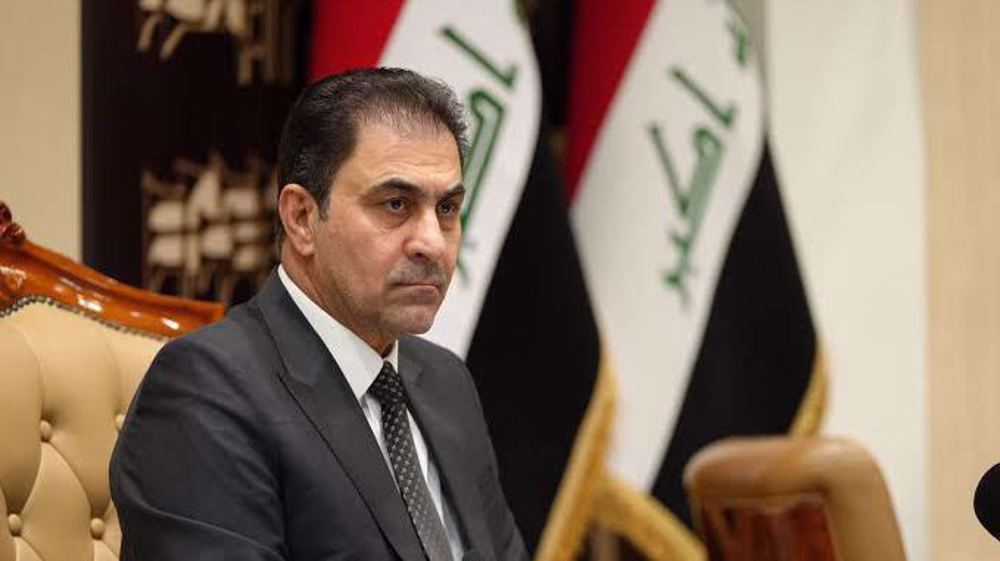




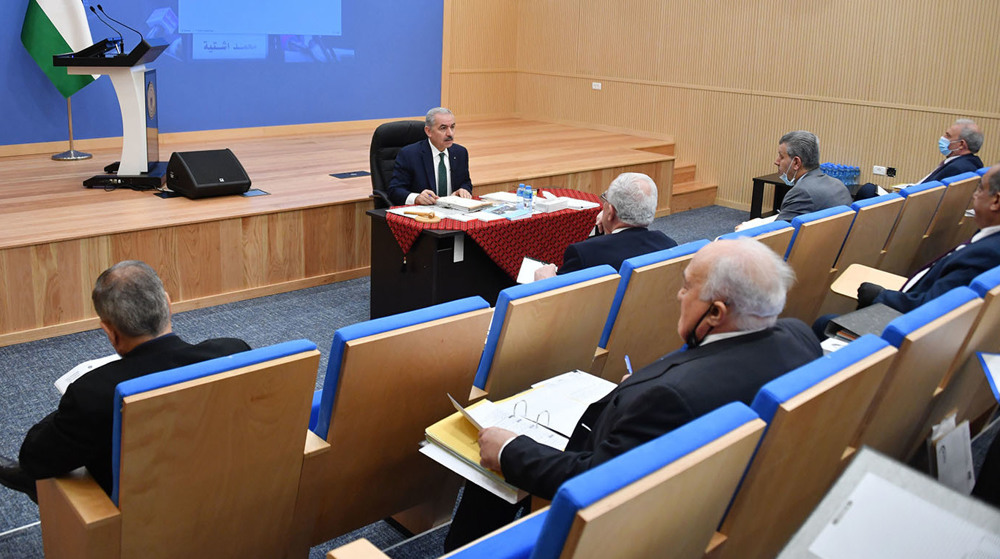
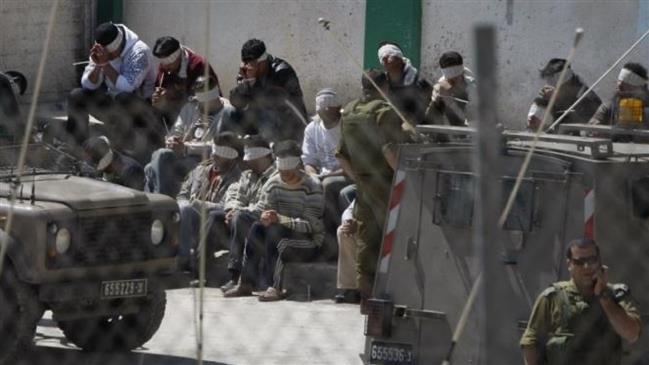
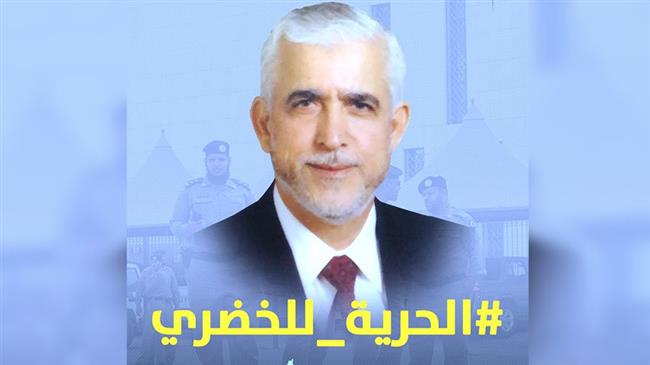
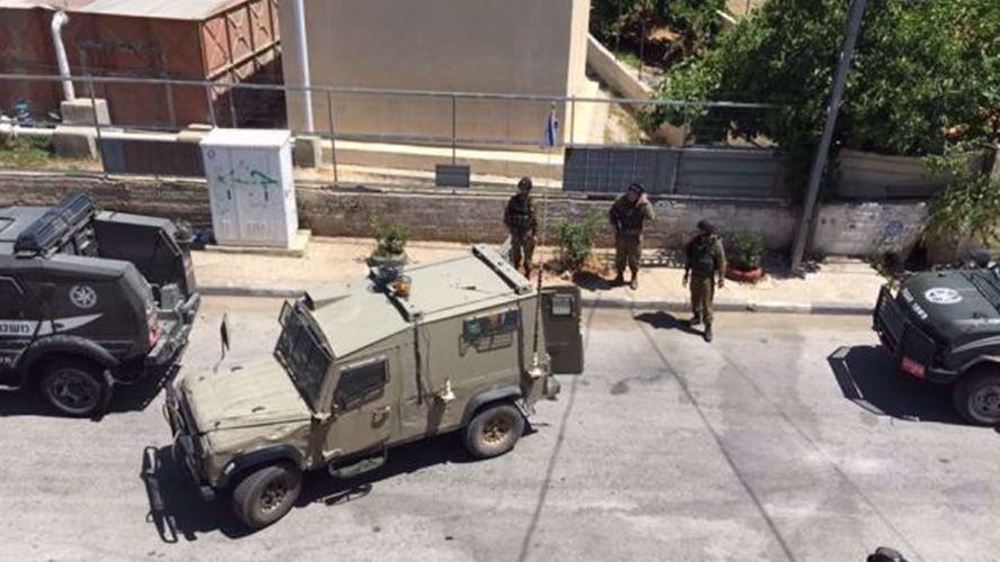

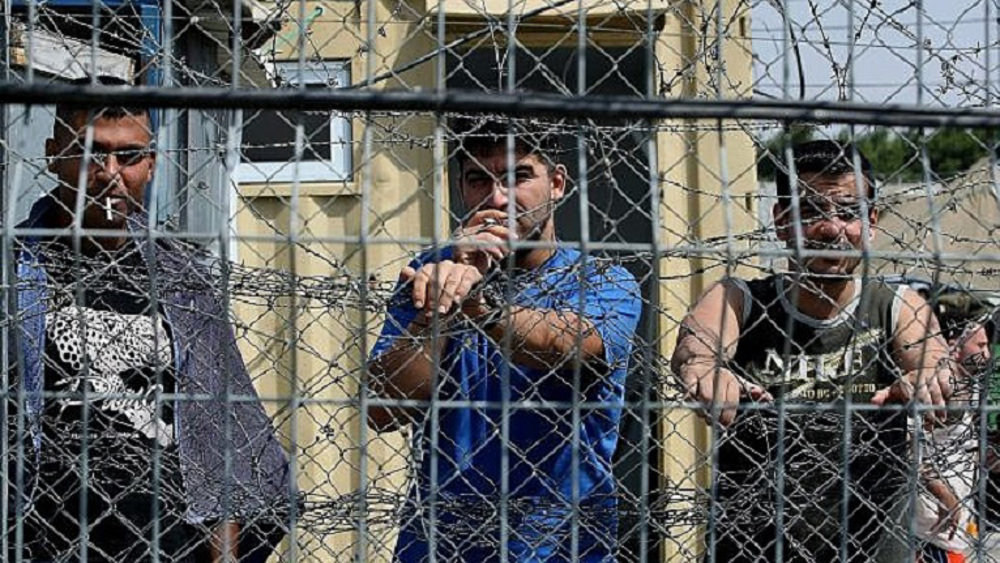


 This makes it easy to access the Press TV website
This makes it easy to access the Press TV website